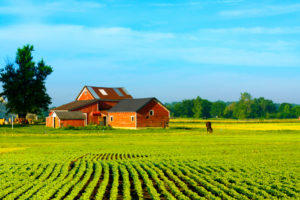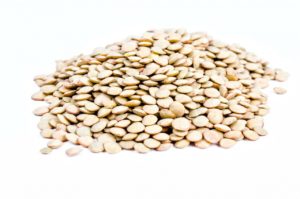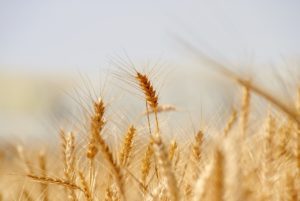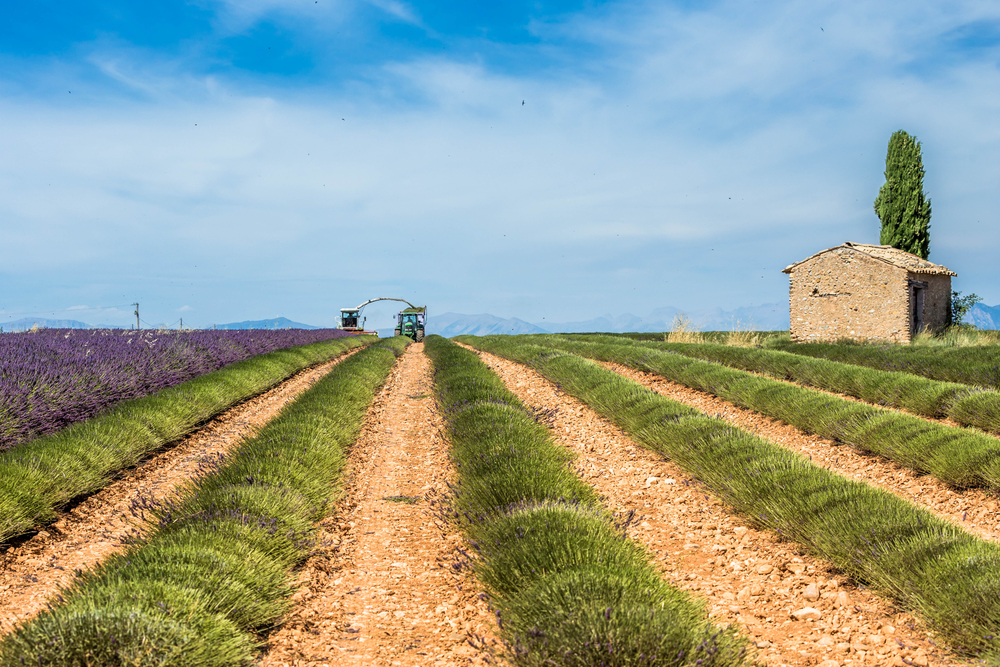In 1944, due to a high incidence of agriculturally related injuries, President Franklin D. Roosevelt proclaimed that the third week of September would, henceforth, be known as National Farm Safety and Health Week. Members of the nation’s vast agricultural industry will gather at the National Education Center for Agricultural Safety, also known as NECAS, in Peosta, IA from Sept. 17-23 to commemorate National Farm Safety and Health Week 2017. This year’s theme is: Putting Farm Safety Into Practice and will feature industry experts and programs designed to promote safety on the nation’s farms and rural roadways.
 Though it might not be known by the populace at large, agriculture is one of the most hazardous industries in the nation according to U.S. Bureau of Labor Statistics. One of the primary motivations for the proclamation in 1944 was that injuries and deaths attributed to agricultural accidents are largely preventable through education.
Though it might not be known by the populace at large, agriculture is one of the most hazardous industries in the nation according to U.S. Bureau of Labor Statistics. One of the primary motivations for the proclamation in 1944 was that injuries and deaths attributed to agricultural accidents are largely preventable through education.
Safety on the Farm
No matter how large or small, the modern farm utilizes equipment and facilities designed to make the demands of planting, maintaining and harvesting fields of crops, and the handling and transportation of herds of livestock efficiently and profitably. But the very tools designed to aid the farmer can also present potential hazards both to health and from bodily injury. Here are a few of the potential hazards and how they can be minimized and even prevented through proper education.
Grain Bin Entry
As grain is extracted from a bin, any attempt to enter it creates a potential entrapment hazard. This situation is typically the result of grain that clumps due to being out of condition causing problems with the flow of the grain. Persons entering the bin are also subject to being pulled under a stream of flowing grain. Both situations can result in suffocation. To optimize safety for entering grain bins, it is recommended to:
- Turn off and lock-out machinery being worked on, and tag-out equipment, so others are aware of your presence in the bin.
- Use a lifeline and harness and make sure another worker is present to monitor the worker in the bin.
- Always stay clear of an active auger.
Handling Livestock
No matter what breed of animal is herded, being gentle with them, along with sound practical livestock habits, go a long way in preventing injuries. Yelling at or hitting animals is unproductive. They can be moved with a gentle nudge or word. Follow these tips:
- Be aware of how animals see the world around them. Familiarize yourself with their blind spots as well as what visual stimulation might spook them.
- Animals maintain comfort based on the amount of personal space they are allowed to keep. Anyone handling herds of animals should be aware of this as they position themselves to manage the herd.
- Always be extra cautious when handling bulls, and do not fail to have a well thought out escape plan if you are alone with one in a pen.
Safety Concerns for Children
Children living on a farm have a large area full of objects in which to play. This might tempt them into seeking fun in potentially dangerous areas. To avoid the risk of injury to children, follow these guidelines:
- Keep children off of all equipment that is not in use.
- Riding in or on farm vehicles should be discouraged.
- Make sure all bins and silos are locked.
- All ponds and manure pits should be fenced off.
- Abandoned wells should be capped.
- Prevent access for children to all farm buildings.
- Make sure large tires are lying flat on the ground.
Protect Against Equipment Rollovers
Farms that still use older farm equipment that has never been retrofitted with rollover protection are a leading cause of accidents on the farm. With all the safety advances in modern farm equipment, there is no excuse to not protect against rollovers. Reluctance to do so mostly centers on the cost of retrofitting.
- Retrofitting an older piece of farm equipment with a roll bar and seat belt can be costly, often even more so than the actual value of the equipment itself.
- Even small tractors which may not require a roll bar could still enhance safety greatly by installing a seat belt.
Chemical and Pesticide Handling
The use of chemicals and pesticides is such an ingrained aspect of the modern farm the proper handling of them is often minimized. This can lead to serious injury. Follow these basics to ensure the safety of all those who handle chemicals and pesticides.
- Always wear protective clothing such as gloves, and protect your eyes with safety glasses. Some chemicals and pesticides might require the use of a respirator.
- Make sure to store all chemicals and pesticides in a locked room or storage bin away from animals and out of the reach of children.
- Proper training in the use of all chemicals and pesticides is imperative. This includes familiarizing one’s self with material safety data sheets.
- Be sure and wash chemicals and pesticides from your hands and any other body part that comes into contact with them. The same goes for your clothing.
Here at Western Packaging, we share in the concern for farm safety with all of those in the agricultural industry. We are a leading supplier of agricultural packaging and have developed close working relationships with many of the nation’s farms throughout the years. We salute the upcoming National Farm Safety and Health Week 2017 and encourage all workers in the agricultural industry to educate themselves in all aspects of farm safety and health concerns.
Thank you for reading our blog! How can we help you? Contact us today.






Sorry, the comment form is closed at this time.